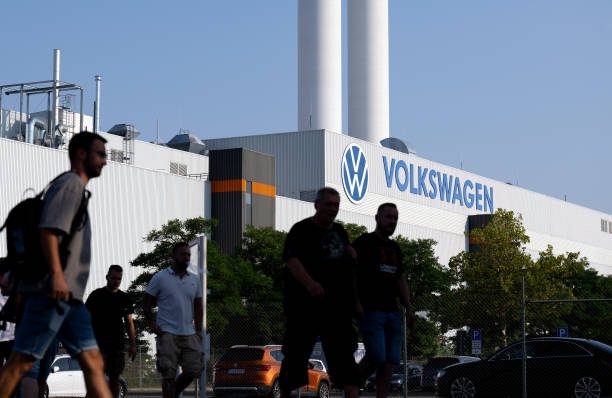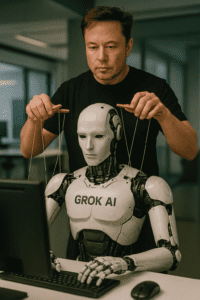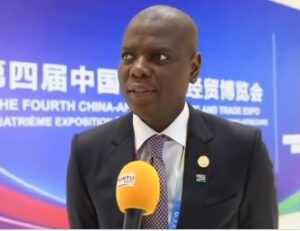Volkswagen, the German automotive giant, is considering closing at least two of its factories in Germany and may terminate its job security schemes as part of a major cost-saving initiative. The announcement comes as the company grapples with financial pressures in an increasingly challenging global market.
Volkswagen has long held a dominant position in the global automotive industry, and as recently as 2017, it was the world’s largest car manufacturer by sales volume. The conglomerate oversees a range of well-known car, truck, and motorcycle brands, including Audi, Bentley, Lamborghini, SEAT, Skoda, Porsche, Scania, and Ducati.
Oliver Blume, Volkswagen Group’s Chief Executive Officer, pointed to broader economic difficulties as part of the rationale behind the decision, highlighting both the struggles of the German economy and Volkswagen’s declining competitiveness.
“The situation is extremely tense and cannot be overcome by simple cost-cutting measures,”
remarked Thomas Schaefer, the head of the VW brand, in a public statement on Monday.
The financial pressures facing Volkswagen are significant, with management stating that drastic changes, including the end of job security guarantees, are necessary to achieve €10 billion (approximately R207 billion) in cost reductions by 2026.
One of the central challenges to Volkswagen’s proposed cost-saving measures is the involvement of the Works Council, a strong union that represents the company’s workers. The Council has already expressed strong opposition to the idea of factory closures, with promises of resistance against any plans that could affect jobs.
The Works Council has claimed that at least one major vehicle plant and one component factory have already been designated as outdated and may face closure. IG Metall, another prominent trade union in Germany, has condemned the company’s proposal, describing it as reckless. The union argues that the potential factory shutdowns could severely impact Germany’s largest industrial employer, Volkswagen.
“The plan shakes the foundation of Germany’s largest industrial employer,”
IG Metall officials stated, emphasizing the serious consequences of such decisions.
Daniella Cavallo, the head of the Works Council, did not shy away from criticizing Volkswagen’s leadership. In internal communications, Cavallo voiced frustration over a series of missteps by management. She specifically pointed to the company’s lack of investment in hybrid vehicles and affordable electric cars, areas where competitors have made significant progress.
“The management has made many wrong decisions in recent years,”
Cavallo stated. She also denounced what she described as Volkswagen’s “documentation madness” and “salami-slicing tactics,” urging the company to reduce its internal complexities and make better use of synergies across its many brands.
The next steps for Volkswagen will involve further discussions between company management and the Works Council. A key meeting is scheduled for Wednesday, where both Chief Financial Officer Arno Antlitz and Thomas Schaefer will present Volkswagen’s proposals to the union representatives. There is also an expectation from Cavallo that Blume, the group’s CEO, will personally intervene in these discussions.
The ongoing talks will likely play a crucial role in determining the future of Volkswagen’s workforce in Germany and whether the proposed factory closures will materialise.
Volkswagen’s struggles come against a backdrop of broader concerns within the German automotive industry. Last year, the German Association of the Automotive Industry issued a stark warning, suggesting that the country is rapidly losing its competitive edge in the global market. One of the primary reasons cited for this decline is the sharp rise in energy costs, which has placed additional strain on manufacturers.
Russia’s President, Vladimir Putin, has also weighed in on the issue, stating that Western sanctions against Moscow have had unintended consequences, particularly for Berlin’s industrial sector. These comments followed widespread concerns that economic measures aimed at curbing Russian activities were having a detrimental effect on Germany’s own economic output.
Stock Market Reactions
Following Volkswagen’s announcement, the company’s stock experienced a notable rise. Shares in the automaker were trading as high as €98.60 (about R2,037) per share on Monday, representing a 2.57% increase in value. This positive movement on the stock market came in response to the cost-saving measures outlined by Volkswagen’s leadership, even as concerns about job security and factory closures continue to loom.

















